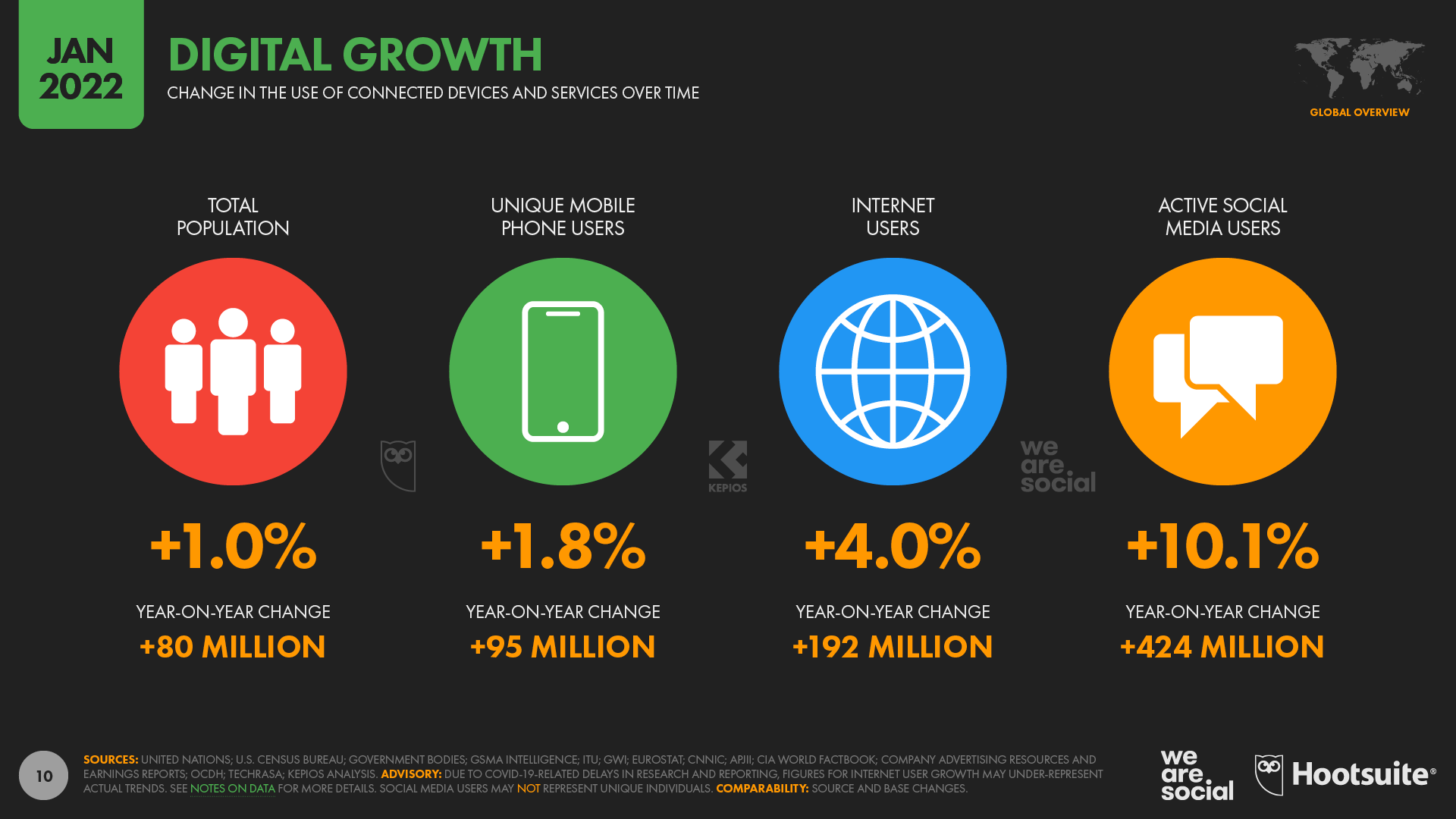
About a week ago, while out celebrating a friend’s acceptance into law school, a chance encounter at a bar led me into a discussion about Yanis Varoufakis’ latest book, “Technofeudalism: What Killed Capitalism.” Though initially skeptical, I delved into the book over the following days, finding it both intriguing and somewhat lacking in its analysis.
Varoufakis’ exploration into “cloud capital” and the evolution of capitalism presents an ambitious thesis. He argues that digital trading platforms have supplanted traditional markets, resembling more of feudal fiefdoms, and that profit has been replaced by rent. While some aspects of his argument provoke thought, it falls short in its application to modern tech giants like Apple, Meta, and Alphabet, which remain highly profitable entities.
Moreover, Varoufakis’ comparison of digital platforms to feudal serfdom feels forced and ultimately limiting. Unlike serfs tied to the land, users can easily opt out of digital platforms, undermining the analogy. Additionally, prevailing economic and legal consensus recognizes these platforms as multi-sided markets, facilitating mutually beneficial interactions between users and advertisers.
Understanding these platforms as multi-sided markets opens up more nuanced discussions about their impact. It reveals the hidden costs of “free” platforms, such as the opportunity cost of users’ time and attention. By reframing our online experiences within this context, we can explore more pertinent questions about the value proposition of these platforms and their effects on society, particularly for younger generations.
Varoufakis’ book, while thought-provoking, misses the mark in fully dissecting the complexities of digital platforms. However, by grounding our analysis in multi-sided markets, we can delve deeper into issues like content moderation, freedom of speech, and the influence of tech giants on our daily lives. Perhaps there’s room for a more comprehensive exploration of these topics in the future – one that transcends the limitations of “Technofeudalism.”
/cdn.vox-cdn.com/uploads/chorus_asset/file/24898918/The_Changeling_Photo_0101.jpg)
/cdn.vox-cdn.com/uploads/chorus_asset/file/24000091/acastro_STK075_03.jpg)


